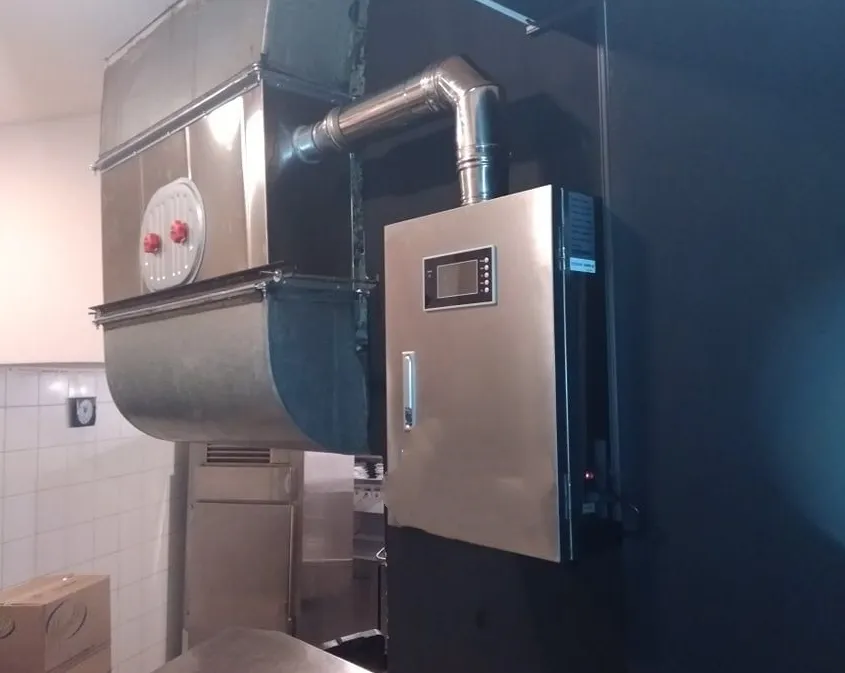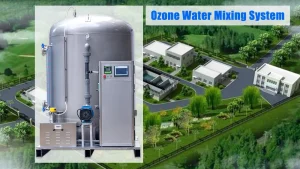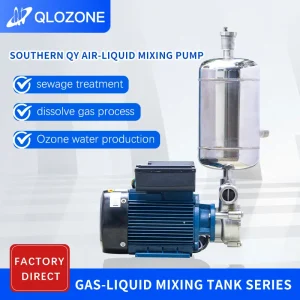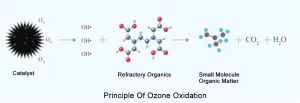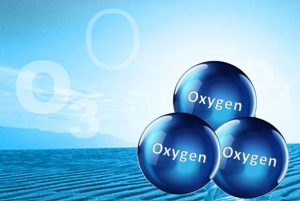
Introduction
Reverse osmosis (RO) systems have become increasingly popular for water treatment due to their ability to remove impurities and provide clean drinking water. However, the use of ozone generators in conjunction with RO systems has emerged as a promising technology to further enhance the efficiency and effectiveness of water treatment processes. Ozone, a powerful oxidizing agent, can effectively disinfect water by eliminating bacteria, viruses, and other harmful microorganisms. In this article, we will explore the benefits of ozone generator use in RO systems and delve into the various aspects that make this combination a compelling option for water treatment.
Enhanced Water Disinfection
One of the primary advantages of using ozone generators in RO systems is the enhanced water disinfection capability. Ozone has a strong oxidation potential, making it highly effective in eliminating a wide range of microorganisms. Unlike traditional disinfection methods such as chlorination, ozone does not leave any harmful byproducts or residual chemicals in the water. This makes it a safer and environmentally friendly option for water treatment. Ozone can effectively destroy bacteria, viruses, and parasites, ensuring that the treated water is free from harmful pathogens.
Improved RO Membrane Life
RO membranes are a crucial component of the RO system, responsible for removing impurities through the process of filtration. However, over time, these membranes can become fouled or damaged due to the accumulation of biofilms and other contaminants. This can lead to a decrease in filtration efficiency and an increase in maintenance costs. Ozone treatment can help mitigate this issue by effectively preventing the formation of biofilms on the RO membrane surface. Ozone’s powerful oxidizing properties can break down organic matter and prevent the growth of bacteria and algae, thereby extending the lifespan of the RO membranes and reducing the frequency of maintenance.
Reduction in Chemical Usage
The use of traditional disinfection methods in water treatment often requires the addition of chemical disinfectants such as chlorine. While chlorine can effectively kill microorganisms, it also comes with several drawbacks. Chlorine can react with organic matter present in water to form disinfection byproducts (DBPs), including trihalomethanes (THMs) and haloacetic acids (HAAs), which are known to have adverse health effects. By utilizing ozone generators in RO systems, the need for chlorine or other chemicals can be significantly reduced or even eliminated. This not only eliminates the risk of DBP formation but also reduces the overall chemical usage in the water treatment process.
Energy Efficiency
Energy consumption is a significant concern in water treatment processes, especially in large-scale applications. Ozone generators offer the advantage of energy efficiency compared to other disinfection methods. Ozone can be generated on-site using electricity, eliminating the need for transportation and storage of chemical disinfectants.




